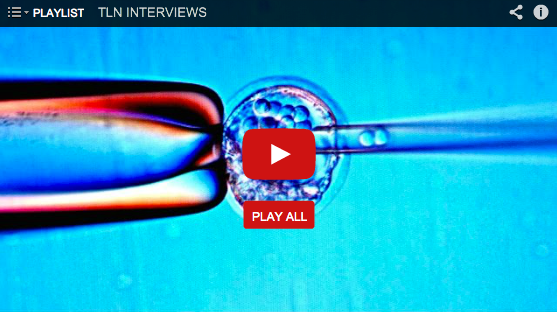 Stem Cell Institute Welcomes Special Guest Speaker Roberta F. Shapiro DO, FAAPM&R to Stem Cell Therapy Public Seminar in New York City May 17th, 2014 (via PRWeb)
Stem Cell Institute Welcomes Special Guest Speaker Roberta F. Shapiro DO, FAAPM&R to Stem Cell Therapy Public Seminar in New York City May 17th, 2014 (via PRWeb)
The Stem Cell Institute located in Panama City, Panama, welcomes special guest speaker Roberta F. Shapiro, DO, FAAPM&R to its public seminar on umbilical cord stem cell therapy on Saturday, May 17, 2014 in New York City at the New York Hilton Midtown…

 Judi Lecoq
Judi Lecoq SammyJo Wilkinson
SammyJo Wilkinson  Jennifer Ziegler
Jennifer Ziegler Holly Huber
Holly Huber Fiona Sparrow
Fiona Sparrow Annette Williams
Annette Williams Carla Hickman
Carla Hickman  Kane Roper
Kane Roper Richard Humphries
Richard Humphries
